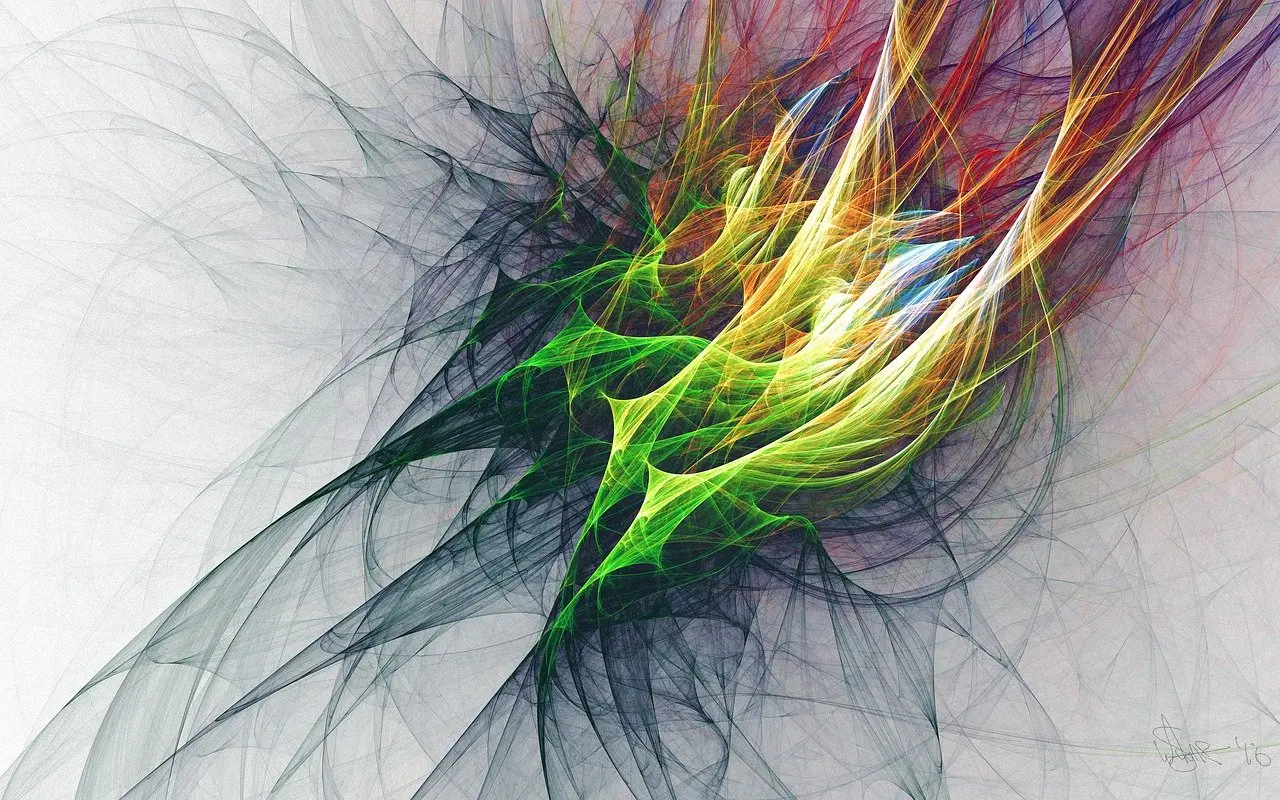The Essence of Wu Wei: Non-Action in Taoism

Looking for more amazing products? Check out our online store and explore our collection here! Happy shopping!
Before diving in, please note: This post is for informational purposes only. If you’d like to know more about how we approach topics, feel free to check out our friendly Disclaimer Page.
Hey there, amazing readers! 
We’re committed to delivering quality posts, and your support (even just sticking around despite the ads) means everything to us. So, bear with us, and thanks for helping us keep the good vibes rolling. Now, on to the fun stuff!
TRANSLATE BUTTON AT THE END OF THE ARTICLE
A Quick Overview
In Taoism, the concept of Wu Wei, often translated as "non-action" or "effortless action," plays a central role in guiding individuals towards living in harmony with the natural order of the universe.
Wu Wei is not about inaction or laziness but rather about aligning oneself with the flow of life and allowing things to unfold naturally.
This principle emphasizes the idea of letting go of control and ego-driven desires, and instead, trusting in the innate wisdom of the universe.
By practicing Wu Wei, individuals can cultivate inner peace, achieve balance, and navigate life’s challenges with grace and ease.
Introduction to Wu Wei in Taoism
Wu Wei is a fundamental concept in Taoist philosophy that emphasizes the importance of acting in accordance with the natural flow of the universe.
The term "Wu Wei" can be translated as "non-action," "effortless action," or "actionless action." It is not about being passive or idle but rather about embracing a state of being where one is in perfect alignment with the Tao, the underlying principle of the universe.
By letting go of excessive striving and attachment to outcomes, individuals can tap into their innate wisdom and allow things to unfold organically.
Understanding the Concept of Non-Action
At its core, Wu Wei is about acting spontaneously and in harmony with the present moment.
It involves letting go of preconceived notions, judgments, and desires, and instead, allowing oneself to be guided by intuition and the natural flow of life.
By relinquishing the need to control every aspect of our lives, we can open ourselves up to new possibilities and experiences.
Wu Wei teaches us to trust in the process of life and have faith that everything will unfold as it should, without the need for excessive effort or interference.
Origins and Evolution of Wu Wei
The concept of Wu Wei has its roots in ancient Chinese philosophy, particularly in the teachings of Laozi, the legendary founder of Taoism.
Laozi emphasized the importance of living in harmony with the Tao, the cosmic principle that underlies all of existence.
Through the practice of Wu Wei, individuals can align themselves with the natural order of the universe and experience a sense of oneness with all things.
Over the centuries, the concept of Wu Wei has been further developed and refined by various Taoist scholars and practitioners, who have explored its applications in various aspects of life.
Principles of Wu Wei in Taoist Philosophy
In Taoist philosophy, Wu Wei is based on several key principles:
Spontaneity: Acting in accordance with the natural flow of life, without excessive planning or effort.
Effortlessness: Allowing things to unfold naturally, without forcing or manipulating outcomes.
Harmony: Achieving a state of balance and alignment with the Tao, the underlying principle of the universe.
Trust: Having faith in the wisdom of the universe and letting go of attachment to specific outcomes.
By embodying these principles, individuals can cultivate a sense of peace, clarity, and purpose in their lives.
Application of Wu Wei in Daily Life
Practicing Wu Wei in daily life involves letting go of the need to control every aspect of our existence and instead, surrendering to the natural flow of events.
This can manifest in various ways, such as:
Making decisions based on intuition and inner wisdom rather than logic alone.
Allowing relationships to evolve organically, without trying to force outcomes.
Embracing challenges and setbacks as opportunities for growth and learning.
Finding joy and contentment in the present moment, rather than constantly striving for future goals.
By incorporating the principles of Wu Wei into our daily routines, we can experience a greater sense of peace, purpose, and fulfillment.
Achieving Harmony through Non-Action
By practicing Wu Wei, individuals can achieve a sense of harmony and balance in their lives.
By letting go of the need for control and surrendering to the natural flow of life, we can cultivate a deeper connection with the universe and experience a sense of oneness with all things.
This state of harmony allows us to navigate life’s challenges with grace and ease, trusting that everything is unfolding as it should.
Through the practice of Wu Wei, individuals can let go of ego-driven desires and attachments, and instead, embrace a sense of peace, contentment, and acceptance.
Wu Wei and the Natural Order of Things
Wu Wei is based on the belief that everything in the universe follows a natural order and rhythm.
By aligning ourselves with this natural flow, we can tap into a deeper sense of wisdom and intuition.
Just as the seasons change and the tides ebb and flow, so too does life unfold in its own unique way.
By trusting in the natural order of things and allowing events to unfold as they will, we can experience a greater sense of ease and flow in our lives.
Wu Wei teaches us to let go of the need for control and instead, surrender to the wisdom of the universe.
Balancing Effort and Effortlessness
In the practice of Wu Wei, there is a delicate balance between effort and effortlessness.
While it is important to take action and make choices in our lives, it is equally important to do so with a sense of flow and ease.
By finding this balance, we can avoid both the pitfalls of excessive striving and the trap of complacency.
Wu Wei teaches us to act with intention and purpose, while also allowing space for spontaneity and intuition to guide us.
By finding this equilibrium, we can navigate life’s challenges with grace and poise.
Embracing Spontaneity and Flow
One of the key aspects of Wu Wei is the emphasis on spontaneity and flow.
Rather than rigidly adhering to plans and routines, individuals who practice Wu Wei are encouraged to embrace the present moment and act in accordance with the natural rhythm of life.
This involves listening to our intuition, trusting our instincts, and allowing ourselves to be guided by the wisdom of the universe.
By cultivating a sense of spontaneity and openness, we can experience a greater sense of joy, creativity, and connection with the world around us.
Cultivating Inner Peace and Stillness
Through the practice of Wu Wei, individuals can cultivate a sense of inner peace and stillness.
By letting go of the need for control and surrendering to the natural flow of life, we can experience a profound sense of calm and tranquility.
This inner peace allows us to navigate life’s challenges with grace and ease, knowing that we are supported by the wisdom of the universe.
By cultivating a sense of stillness within ourselves, we can tap into a deeper well of wisdom and intuition, guiding us towards greater clarity and purpose in our lives.
Overcoming Obstacles with Wu Wei
When faced with obstacles and challenges, the practice of Wu Wei can be a powerful tool for overcoming adversity.
Rather than trying to force outcomes or control every aspect of a situation, individuals can surrender to the natural flow of events and trust that things will unfold as they should.
By letting go of attachment to specific outcomes and embracing the present moment, we can approach challenges with a sense of openness and resilience.
Through the practice of Wu Wei, individuals can navigate obstacles with grace and ease, finding creative solutions and opportunities for growth in the process.
The Modern Relevance of Non-Action in Taoism
In our fast-paced and often chaotic modern world, the principles of Wu Wei hold great relevance.
By practicing non-action and aligning ourselves with the natural flow of life, we can find a sense of peace, balance, and clarity amidst the busyness of daily life.
The practice of Wu Wei can help us to let go of the need for control and surrender to the wisdom of the universe, guiding us towards greater fulfillment and contentment.
In a world that often values busyness and productivity above all else, the practice of Wu Wei reminds us of the importance of slowing down, listening to our intuition, and trusting in the process of life.
Conclusion
In conclusion, the essence of Wu Wei in Taoism teaches us the importance of aligning ourselves with the natural flow of the universe and letting go of excessive striving and attachment to outcomes.
By practicing non-action, individuals can cultivate a sense of inner peace, harmony, and balance in their lives.
Through the principles of spontaneity, effortlessness, and trust, we can navigate life’s challenges with grace and ease, trusting in the wisdom of the universe.
In our modern world, the practice of Wu Wei holds great relevance, reminding us of the importance of slowing down, listening to our intuition, and embracing the present moment with openness and joy.
By incorporating the principles of Wu Wei into our daily lives, we can experience a greater sense of fulfillment, purpose, and connection with the world around us.

The Enlightenment Journey is a remarkable collection of writings authored by a distinguished group of experts in the fields of spirituality, new age, and esoteric knowledge.
This anthology features a diverse assembly of well-experienced authors who bring their profound insights and credible perspectives to the forefront.
Each contributor possesses a wealth of knowledge and wisdom, making them authorities in their respective domains.
Together, they offer readers a transformative journey into the realms of spiritual growth, self-discovery, and esoteric enlightenment.
The Enlightenment Journey is a testament to the collective expertise of these luminaries, providing readers with a rich tapestry of ideas and information to illuminate their spiritual path.
Our Diverse Expertise
While our primary focus is on spirituality and esotericism, we are equally passionate about exploring a wide range of other topics and niches 

To ensure we provide the most accurate and valuable insights, we collaborate with trusted experts in their respective domains 
Our blog originally focused on spirituality and metaphysics, but we’ve since expanded to cover a wide range of niches. Don’t worry—we continue to publish a lot of articles on spirituality! Frequently visit our blog to explore our diverse content and stay tuned for more insightful reads.
Hey there, amazing reader! 
Check out our store here and take a peek at some of our featured products below! Thanks for being awesome!











